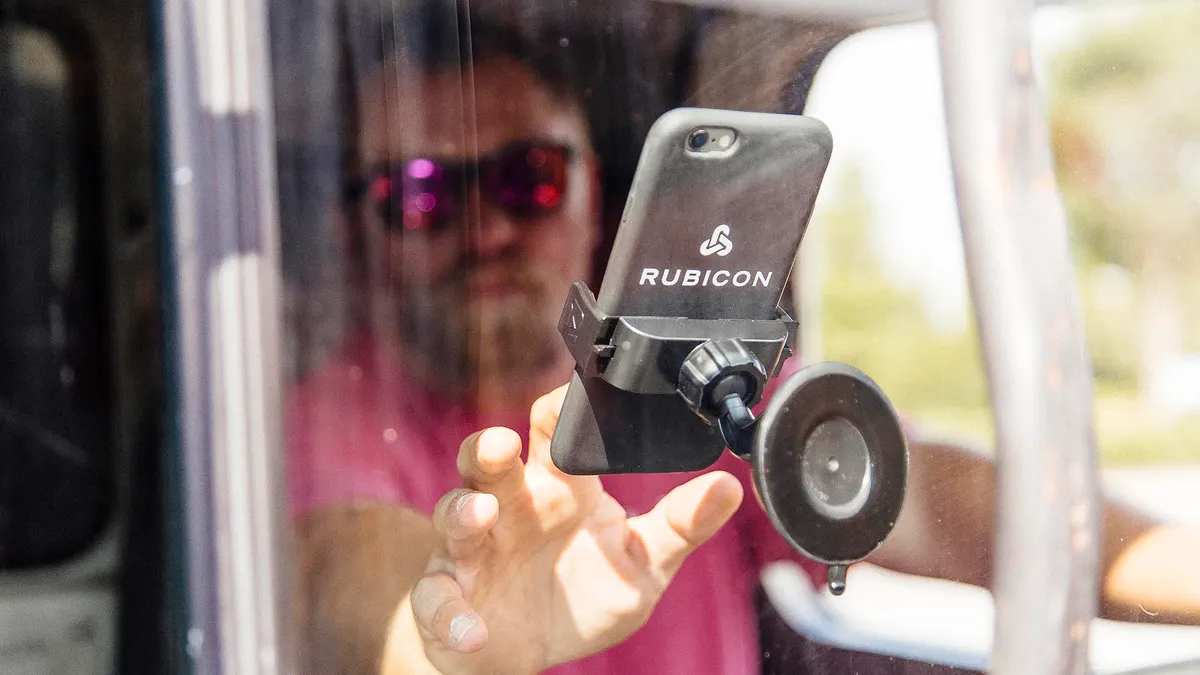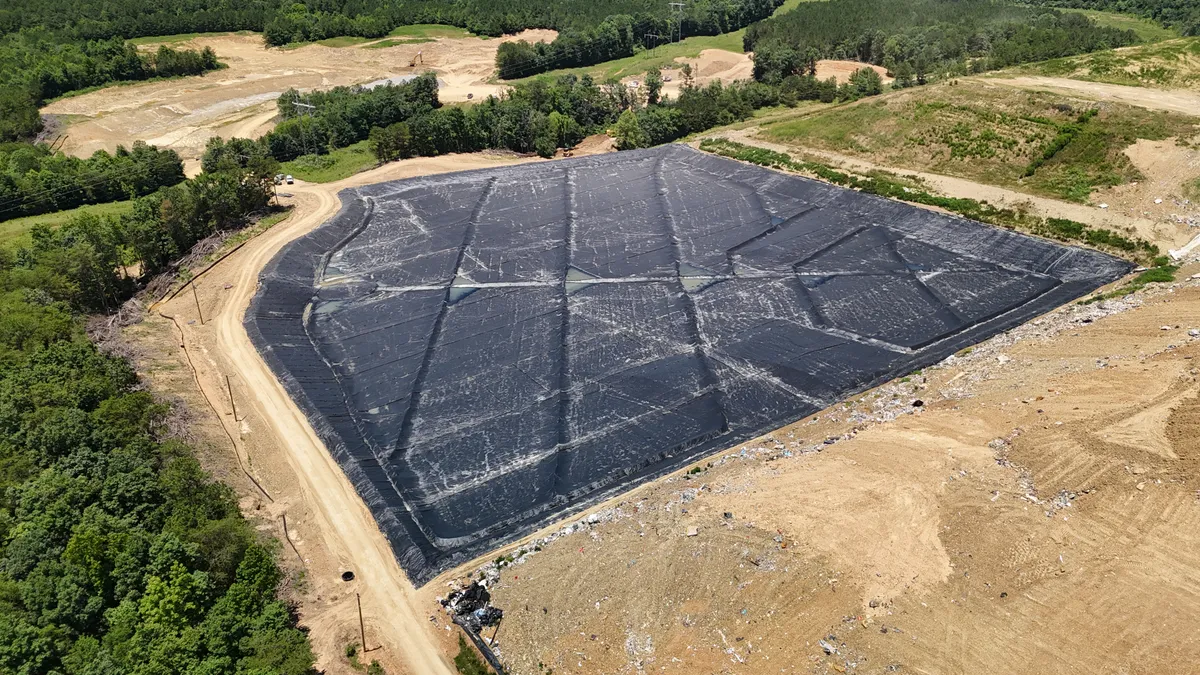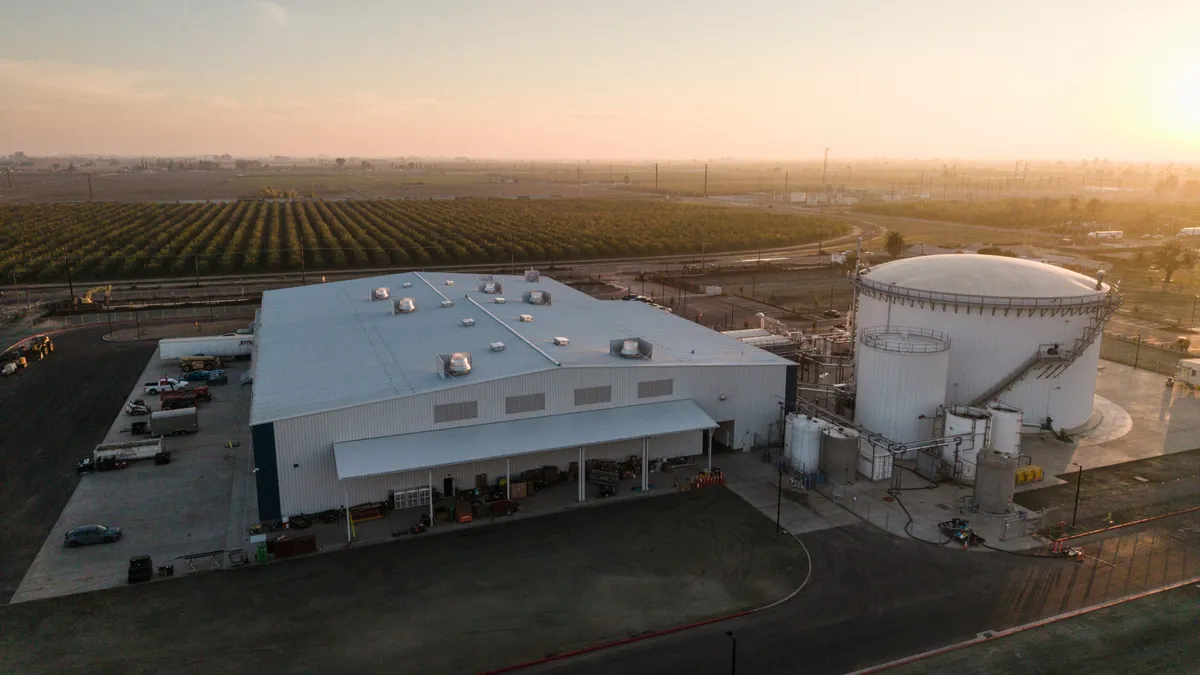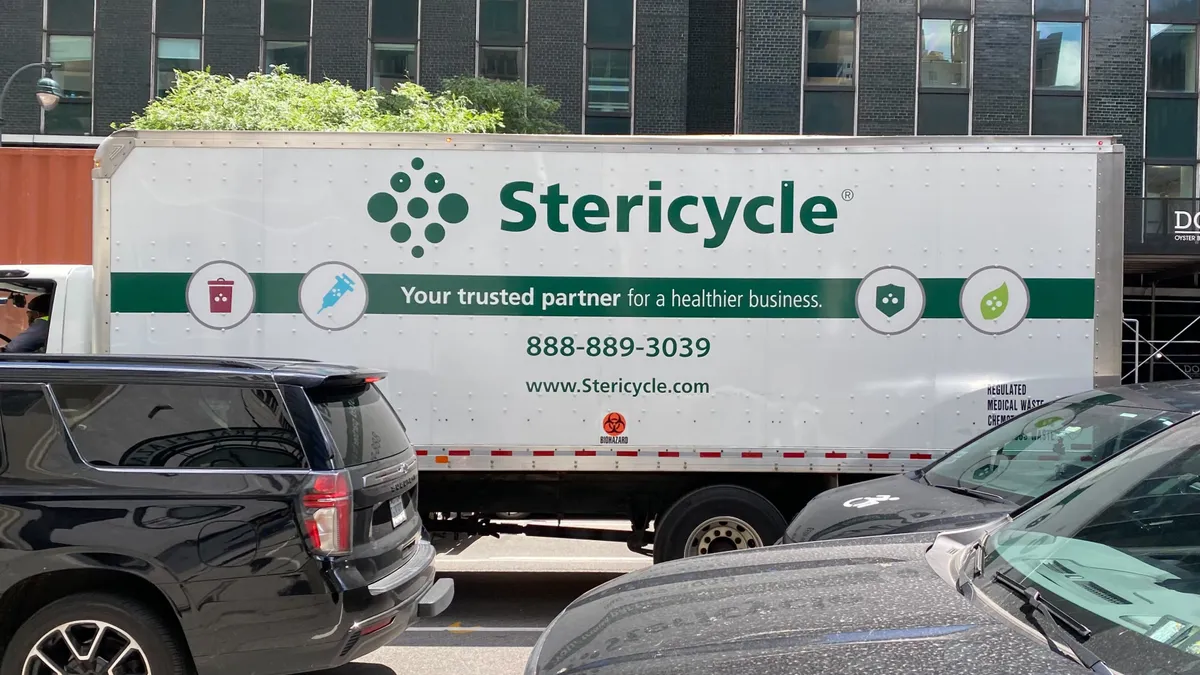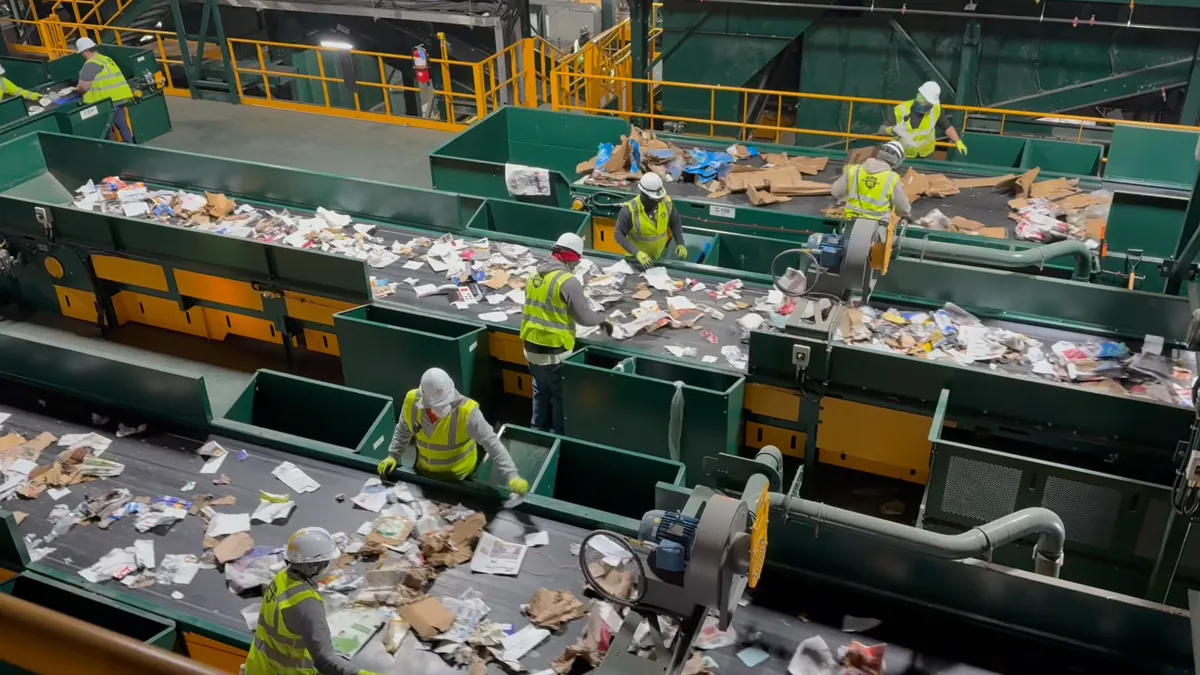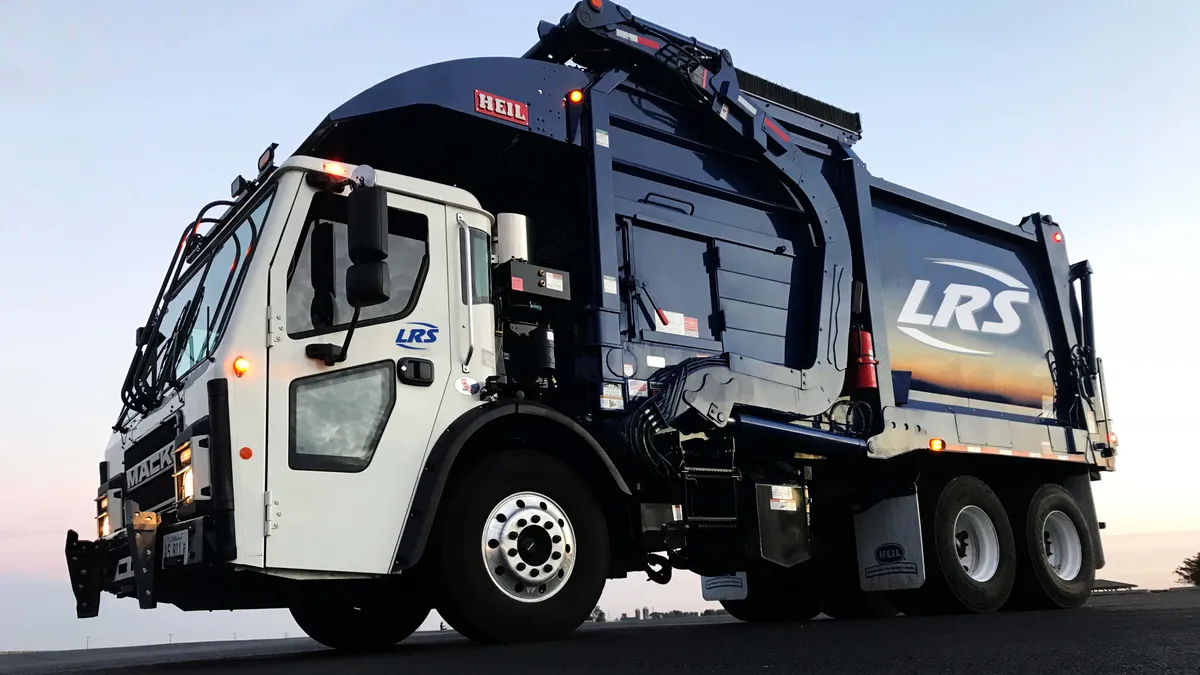Rubicon is selling its fleet technology business to Florida-based Rodina Capital, the company announced Tuesday. The deal provides the waste business with extra cash as its stock price remains low and removes a significant investment from the company’s balance sheet.
The sale includes a $68 million initial purchase price as well as a potential $12.5 million payment that Rubicon would receive if the newly spun-off business achieves a certain revenue target this year. Rubicon also issued $20 million in shares to a company controlled by Jose Miguel Enrich, who now owns 59.5% of Rubicon’s shares following the transaction.
“Through these transactions, Rubicon has significantly strengthened its balance sheet, providing a substantial cash infusion into the business to allow us to achieve our ambitious goals,” Phil Rodoni, CEO of Rubicon, said in a statement. “We are excited to leverage this newfound financial agility to drive growth, enhance our competitive edge, and deliver exceptional value to our shareholders and customers alike.”
The deal marks a strategic pivot for the company, which has struggled to turn a profit since going public via a merger with a special purpose acquisition company in 2022. The company has previously touted its software businesses as the key to higher margins, but reported that revenue generated from sales to government entities was less than 5% of the company’s overall revenue over the past two years in its most recent annual report. Data analytics company Palantir, which has supported the growth of Rubicon’s software offerings, reduced its stake in the company to less than 10% in April amid the company’s struggles. A spokesperson for Rubicon said the two companies will continue to partner after Tuesday’s deal.
Rubicon plans to invest cash from this latest deal into its core businesses, including Rubicon Connect, a waste brokerage and data service for businesses ranging from Chipotle to FedEx. The company will also continue to invest in its technical advisory services offering, which offers strategic guidance on sustainability issues to customers. That product launched in March.
Over the past year, the company has taken several measures to improve profits, initiating layoffs earlier this year that also saw the departure of the company’s chief operating officer. It also executed a reverse stock split in September of last year, but the New York Stock Exchange threatened Rubicon with delisting in March because its share price was still below $1 and its global market capitalization was below $50 million for more than 30 days.
Also in March, the company reported about $18.7 million in cash on hand in the fourth quarter of 2023.
“This is a transformational sale for Rubicon,” Osman Ahmed, lead independent director on Rubicon’s board and CEO of the SPAC that took the company public, said in a statement accompanying the announcement. “It not only gives the Company the financial strength it requires to continue on its aggressive growth plan, it allows the management team to solely focus its time and efforts on Rubicon’s core business.”
Rodina Capital’s chairman, Andres Chico, is currently a member of Rubicon’s board, and has served on the board of directors since before the company went public in 2022. Chico partnered with Enrich, a major investor in Rubicon, to extend the company credit through a series of deals since the company’s initial public offering. Enrich offered to take the company private in March.
“The offer to purchase the company that we received last month was made by the same shareholders that have now purchased our fleet technology business unit,” Benjamin Spall, Rubicon’s senior manager of communications, said in an email. “Now, our focus is on enhancing the value and performance of our remaining business units to advance our business objectives and accelerate our journey towards profitability.”
Rubicon’s fleet technology products operate on a software-as-a-service model. Assets included in the sale include Rubicon Smart City, Rubicon Pro and Rubicon Premier. The smart city product optimizes heavy-duty fleets for more than 100 municipal customers including Houston, Phoenix, Miami, Atlanta and Kansas City. Pro is targeted toward optimizing private haulers’ existing business, while Premier is targeted toward international companies.
As part of the deal, Conor Riffle, formerly senior vice president of smart cities at Rubicon, will lead the spun-off business as an independent, private software company.
“This transaction allows us to focus all of our energy on our rapid growth, our incredible customer base, and our innovations at the cutting edge of technology for the waste and recycling, snow removal, and street sweeping markets,” Riffle said in a statement.
Rubicon has not held a first quarter earnings call this year but plans to announce a date for one later this week, according to Spall.



